
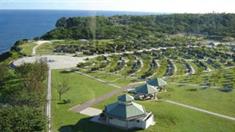
Okinawa es una prefectura japonesa que abarca más de 150 islas en el mar de la China Oriental entre [...]
Grupo de islas de Japón con clima cálido, playas, buceo y una activa vida nocturna en Naha.
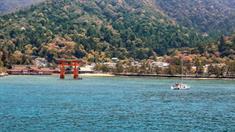
Itsukushima es una isla ubicada dentro de la Bahía de Hiroshima, mar interior de Seto, en Japón. Es [...]
Isla pequeña de Japón, famosa por el santuario de Itsukushima, un Torii inmenso y los templos del mo[...]
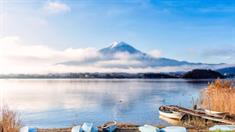
Lago, aguas termales, montaña y ciclismoTe recomendamos viajar entre el 14–21 nov. para obtener un b[...]
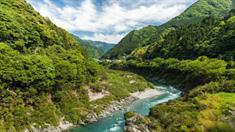
Shikoku es la más pequeña de las islas principales de Japón. Está rodeada por una ruta de peregrinac[...]
La más pequeña de las islas principales de Japón, con la famosa ruta de los 88 templos, montañas y p[...]
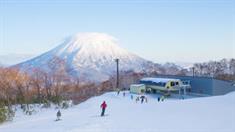
Ciudad cercana del monte Yotei en la isla Hokkaido de Japón, con grandes centros de esquí, termas y [...]

El lago Ashi, también conocido como Hakone Lake, es un lago escénico de Hakone, en la prefectura de [...]
Lago, montaña, volcán y aguas termalesTe recomendamos viajar entre el 14–21 nov. para obtener un bue[...]
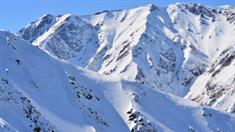
Área de deportes de invierno y centro turístico afuera de Nagano, con pistas de esquí y snowboard.Te[...]

La ciudad de Nagano es la capital de la prefectura homónima, situada en la intersección de los ríos [...]
Macaca, esquí, jardín zoológico y temploTe recomendamos viajar entre el 14–21 nov. para obtener un b[...]
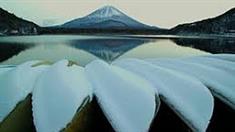
Región japonesa con aguas termales, ciudad de Fujiyoshida, lago Kawaguchi y senderos hacia el monte [...]
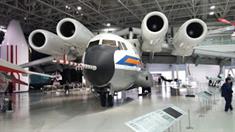
La prefectura de Gifu está situada en la región de Chūbu, en el centro de Japón. La capital es la ci[...]
Prefectura japonesa con pesca con cormoranes en la ciudad de Gifu, pueblos de montaña y estaciones d[...]
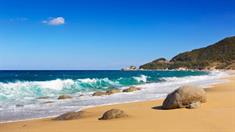
Yakushima es una de las islas de Japón, localizada al sur de la isla principal de Kyushu e integrada[...]
Isla japonesa con bosques de cedro y cascadas, además del sendero Arakawa en el monte Miyanoura.
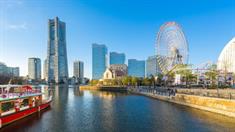
Yokohama es una ciudad japonesa al sur de Tokio y fue uno de los primeros puertos japoneses en abrir[...]
Puerto japonés con el Jardín Sankei-en, un gran barrio chino, el rascacielos Landmark Tower y museos[...]
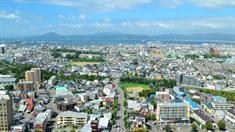
Sapporo, capital de la isla montañosa de Hokkaido en el norte de Japón, es famosa por su cerveza, el[...]
Ciudad de Hokkaido con museos de la cerveza en Sapporo, festivales en el parque Odori y centros de e[...]
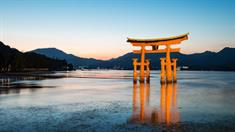
Hiroshima, una ciudad moderna en la isla Honshu de Japón, fue destruida en gran parte por una bomba [...]
Ciudad japonesa con el Parque Memorial de la Paz, que conmemora el bombardeo atómico, y el jardín Sh[...]